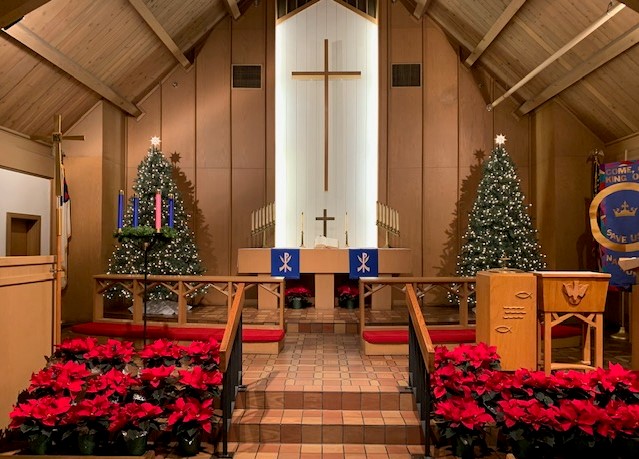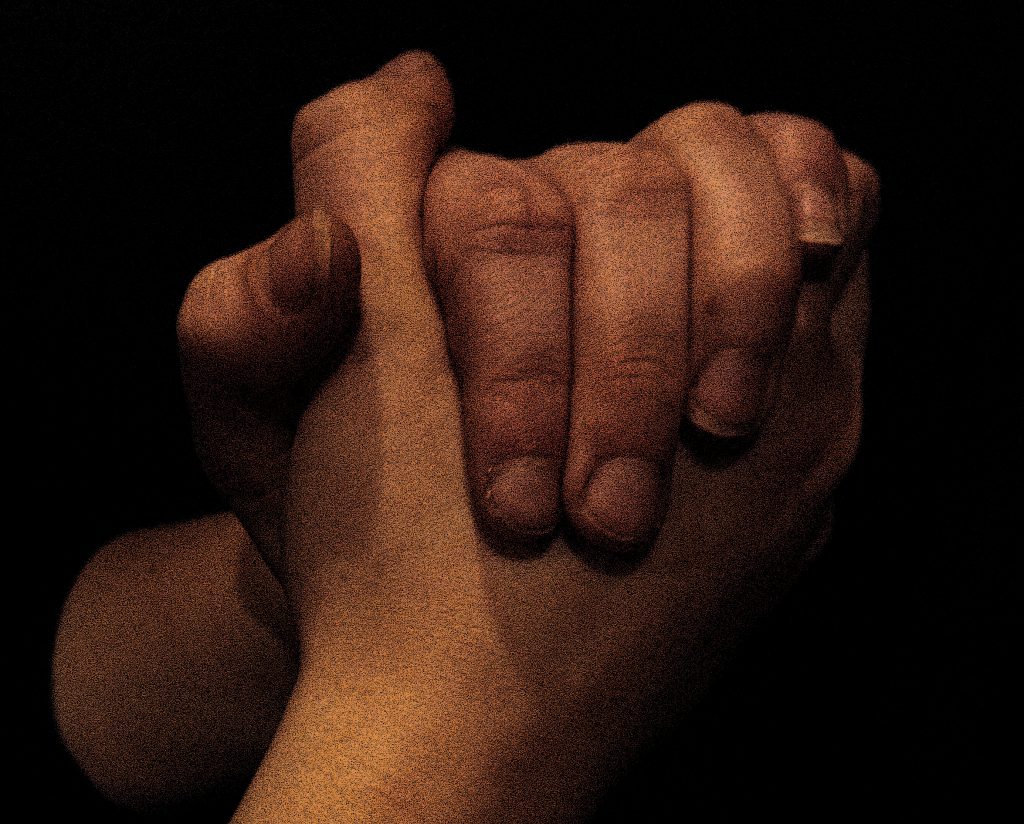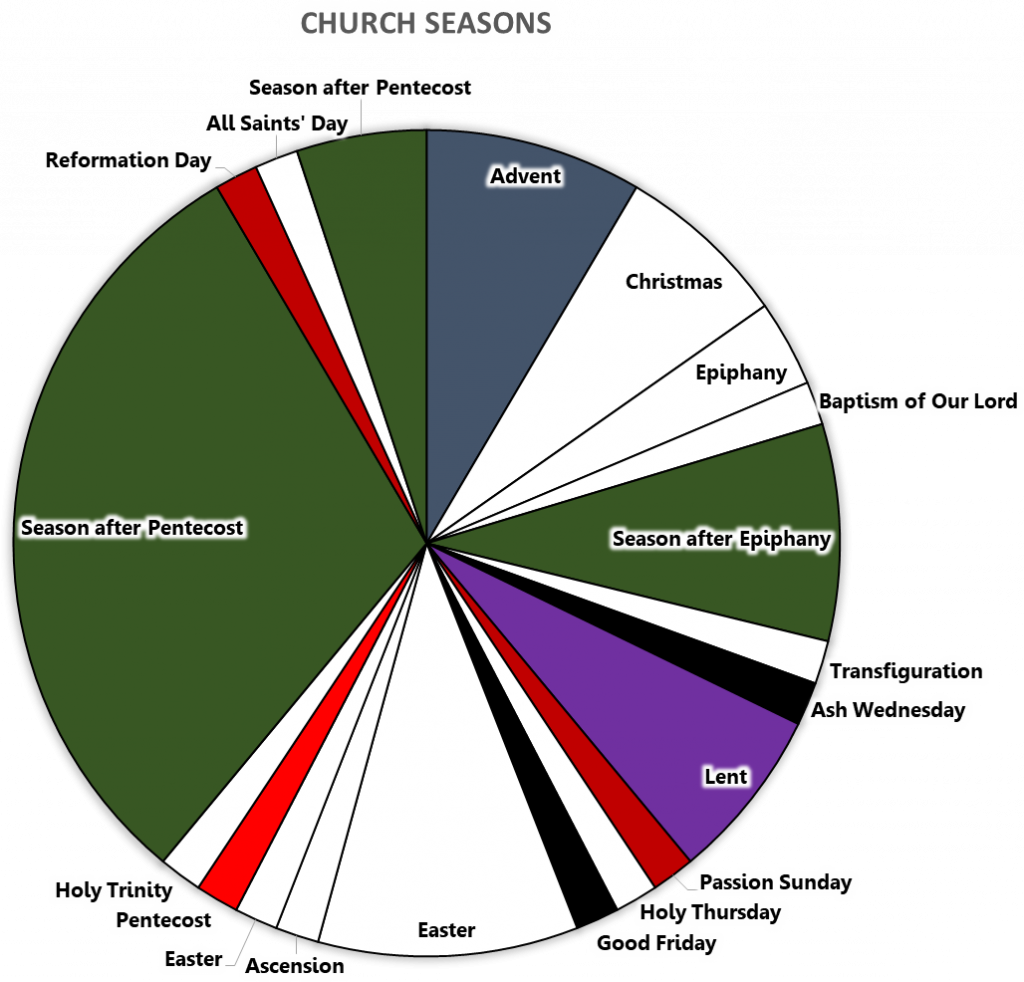(In Worship and In One’s Own Life)

Sometimes people speak negatively about ritual and tradition but the truth is that we all have rituals and traditions we observe. Just consider what you do on holidays or birthdays. If you repeat any practices from one holiday to another or do the same thing for birthdays from one year to the next, you have your own traditions. Also consider common daily rituals you practice every day from eating at a certain time to washing your hands or brushing your teeth.

We all have rituals and traditions. In fact, we need these traditions and rituals. They help us order our day and events; they help us plan and prepare; and they help us preserve something which we value. Traditions and rituals also help shape and structure our relationships and interactions with others. For example, family meal traditions and rituals help everyone know what is expected of them at the table and how the meal is going to proceed. It gives order and helps people plan and socially interact because they know what to expect and they understand the confines under which the meal and discussion can take place.
This applies to church and worship and our daily life. We use traditions and rituals to help give structure to our relationship with God. In churches such as ours, some of these traditions and rituals date back from hundreds if not thousands of years ago (they have been “handed down” from those before us—which is the basic understanding of a “tradition”). They were created to give order and structure to worship and they help shape us in our thoughts and prayers and focus us on the Lord and spending time with Him. They also can shape our family life and individual life as such structure gives us a firm footing and reminds us of what is important.

The traditions and rituals themselves are not the problem. Usually the problem is that we do not know or understand their purpose. For example, if you went to a sports game and a stadium for the first time, you might be baffled by everyone standing up around you for moment and sitting down. It would be reasonable for you not to participate in the “wave” because you didn’t understand the purpose. Or, imagine if you were taught to brush your teeth as a child but your parents never explained the reason for it. You faithfully brushed for years and then as a teenager or adult, you began to ask why but no one gave you an answer. It wouldn’t be unreasonable to give up brushing your teeth because you don’t see or understand the point!
The answer to not understanding a ritual isn’t abandoning the ritual but to find its meaning and purpose. At that point, you will be able to determine if it is a good ritual that should be kept or a ritual and tradition with which you want to dispense because you do not agree with what it is saying, implying, or teaching.

In this regard, we urge and encourage the use of ritual and tradition but we also encourage people to learn the reason why you do it. If you know why, it can actually help and aid you in using that ritual and tradition. Take for example bowing your head, closing your eyes, and folding your hands when you pray. This tradition teaches humility and humbleness before the Lord God and it helps focus our thoughts and attention on talking with God by helping reduce distractions. In prayer we express our dependence on the Lord, which is taught by our busy hands being stopped.

In worship here, you will find some variety but also the repeating of similar words, sayings, and songs. There is a structure, a liturgy, that we follow that orders our worship and guides us toward the time we spend with the Lord—in hearing Him teach us in His Word and in meeting with Him at His Table. We have an order to our year that helps us anticipate and think about our Lord’s past deeds and about His promises for us today, tomorrow, and into eternity.

But not only is there order in the worship, there is order you can take home and use on your own or with your own family. There is the practice of daily devotions and there are suggested daily prayers that can be used again and again, even memorized, that help provide structure to our daily lives. Christians certainly have freedom in what practices they adopt but there is also benefit to taking hold of the tradition that is being passed down and using it. There is meditative value and quality in using words that have a long history and have been handed down for us. They can help shape us to live Christ-like lives as well as help us to daily remember what and who is important. (Piety is essentially being shaped by God and His Word to according to it; traditions and rituals help shape and form our piety).

We invite you to join us in worship! Learn the rituals and traditions and the meaning behind them and so enrich your worship with the Lord as you receive and grow in His Word and life for you.
Links to explanations of various Rituals and Traditions or regarding Piety
What about Gestures in worship? (text; external link)
What do the different parts of the Liturgy mean? An Explanation (text; external link)
What does it mean that Lutheran Worship is “Incarnational”? (videos and text)
- Introduction
- Building Structure & Design
- Chanting and Singing
- Use of smells (incense)
- Reverence with the Body (sitting, standing, bowing, genuflecting, kneeling, prostrating)
- Reverence at Communion involves Adoration of Christ
- About the Tradition of Pastor’s Washing Hands Before Communion
- Silence in Worship
What about Christian “Piety”? A Bible Study (video series)

